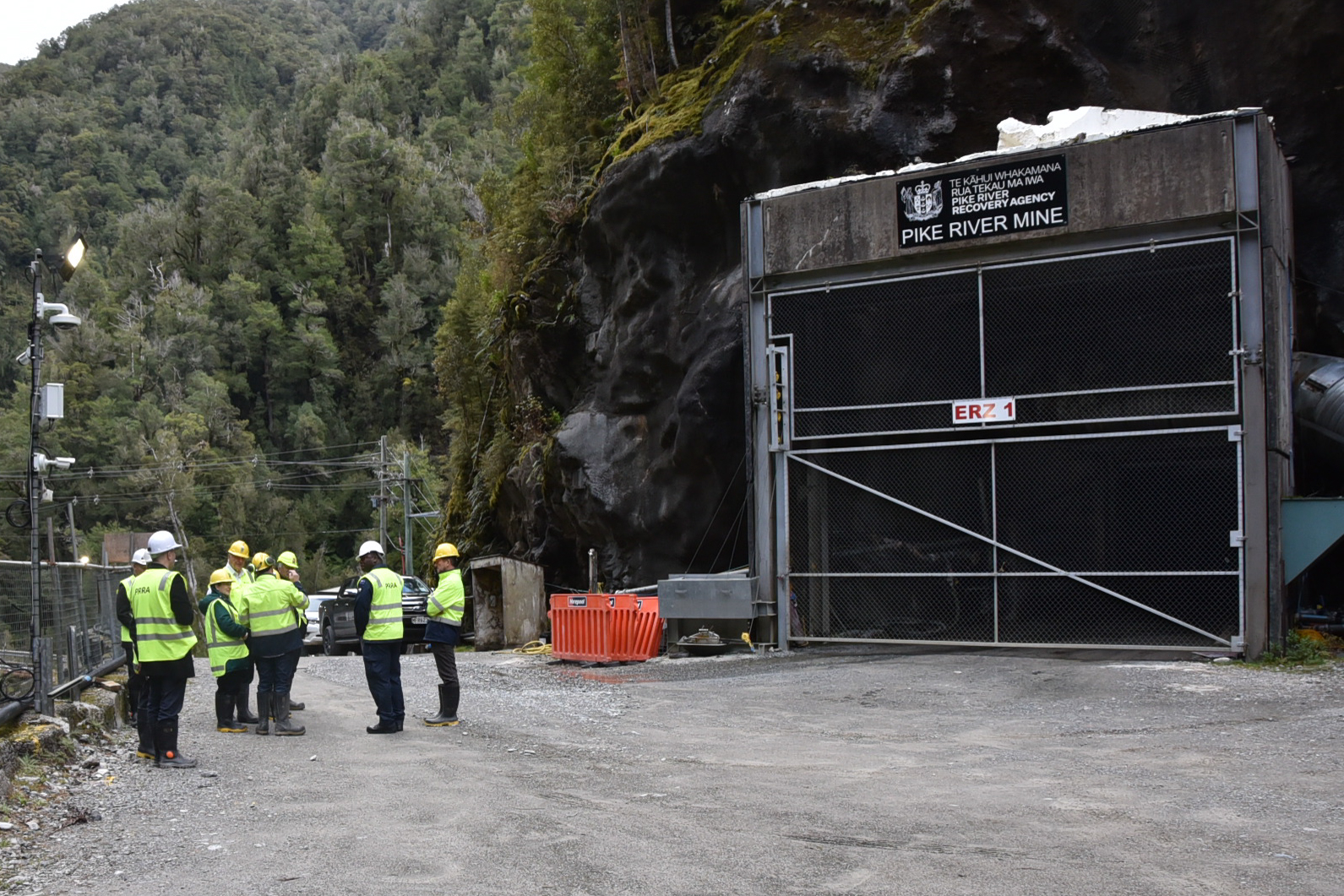Expert Reaction
These comments have been collated by the Science Media Centre to provide a variety of expert perspectives on this issue. Feel free to use these quotes in your stories. Views expressed are the personal opinions of the experts named. They do not represent the views of the SMC or any other organisation unless specifically stated.
Dr Richard Logan, School of Management, Victoria University of Wellington
Organisational drift into failure: A case study of the 2010 Pike River Coal mine disaster reflects on what we can still learn from the Pike River disaster fifteen years later.
Whilst a subsequent Royal Commission of Inquiry investigated and reported their findings as to the causes of the disaster and this was followed by a number of articles and books, there is a general sense of unfinished business, especially in the leadership and governance space.
This article takes a complexity perspective to accident investigation rather than the normal ‘broken components and bad people’ linear model that is widely applied.
The article considers management thinking in the ‘incubation’ period leading up to the disaster, with a focus on their uncertainty aversion, their unchallenged management narratives, their ‘failure of foresight’, and why these lessons are not unique to Pike River Coal Ltd., and why it poses a serious and mostly unrecognised risk for senior decision-making in complex organisations anywhere in the world.



 New Zealand
New Zealand


